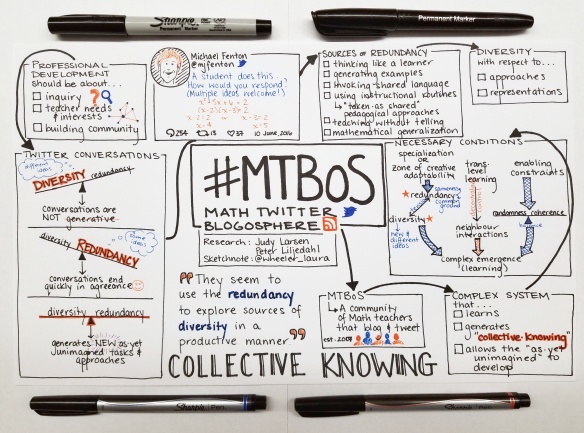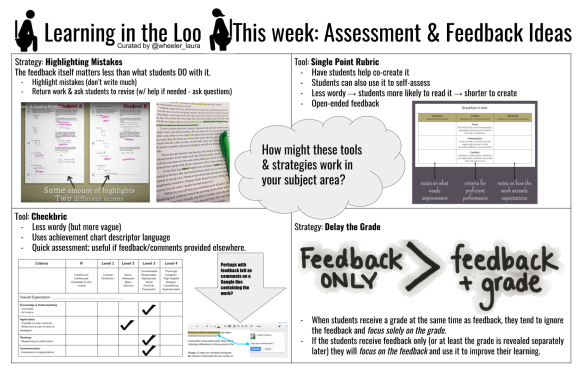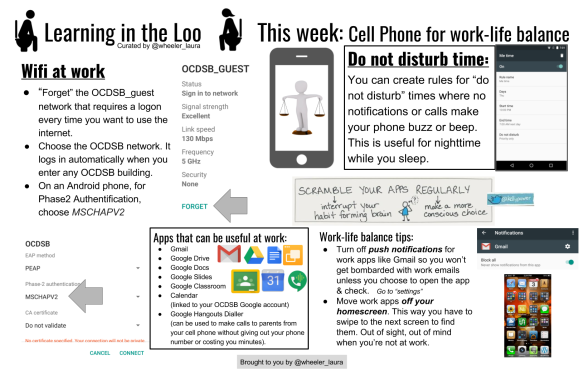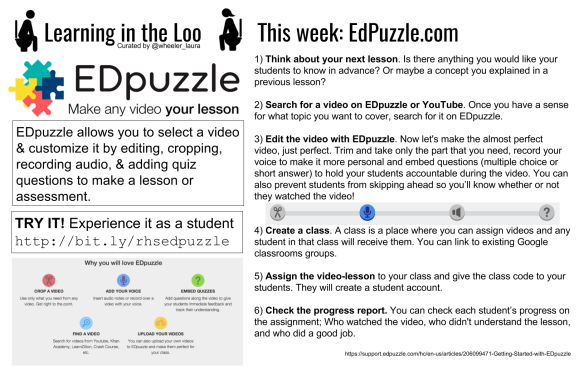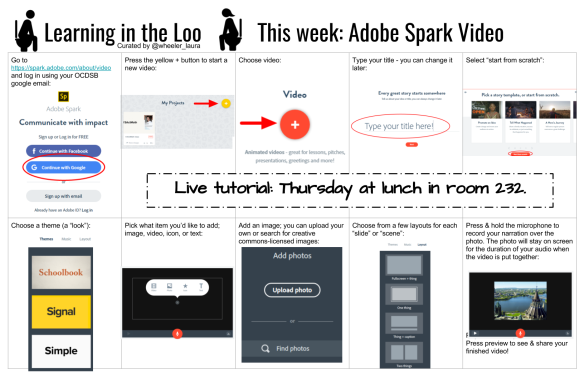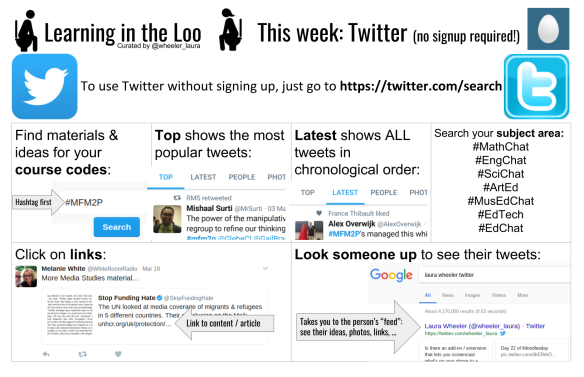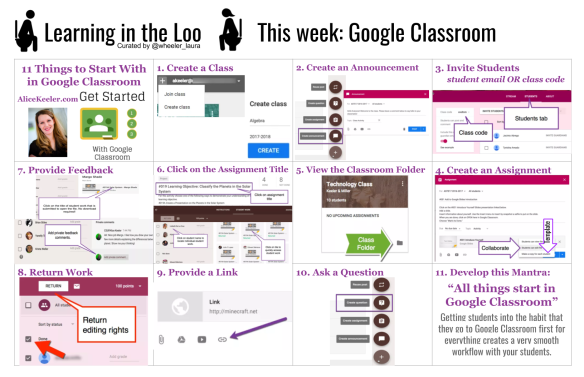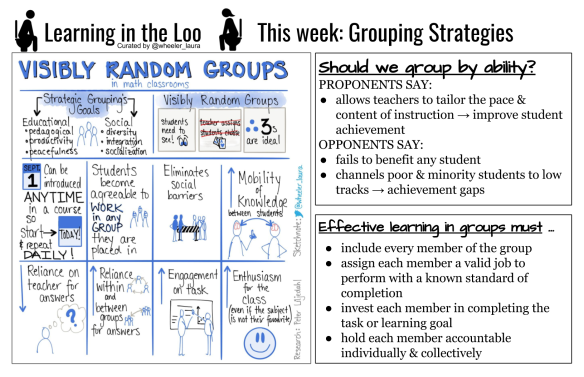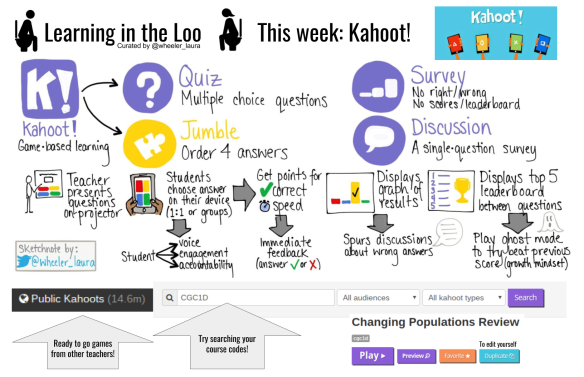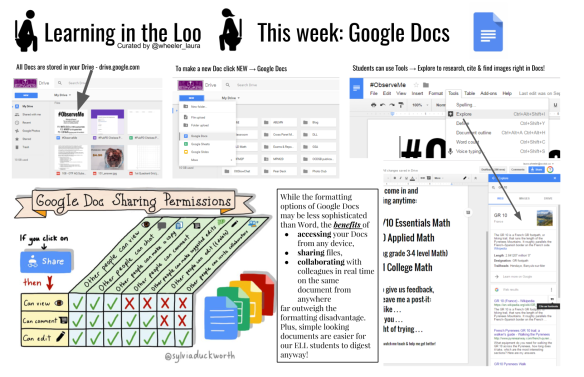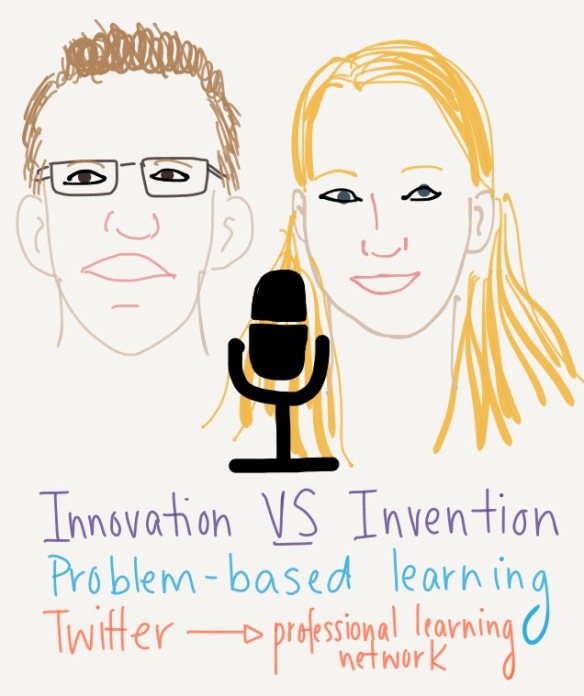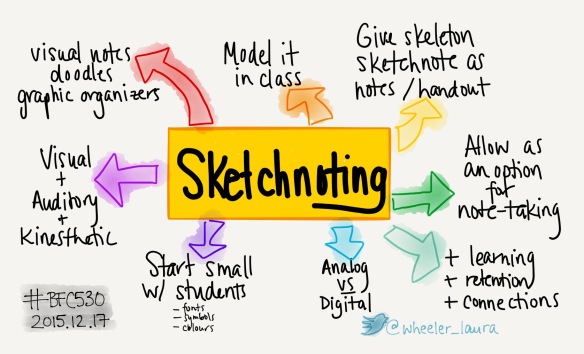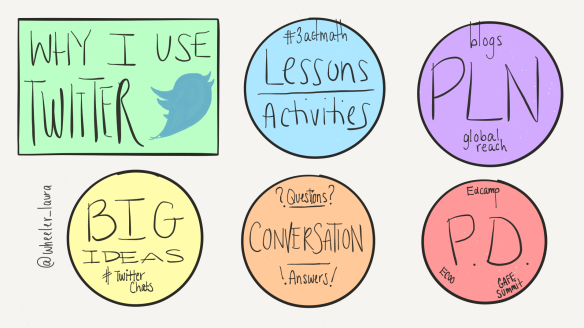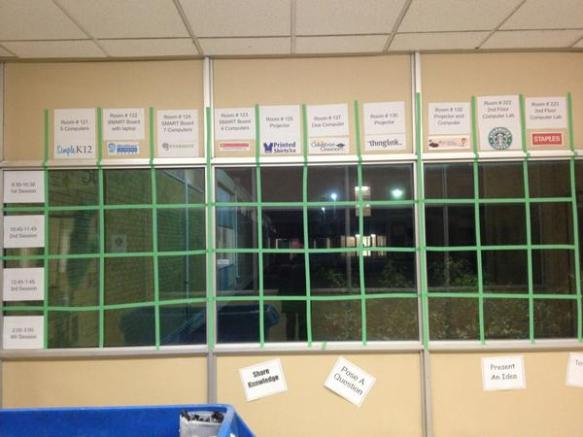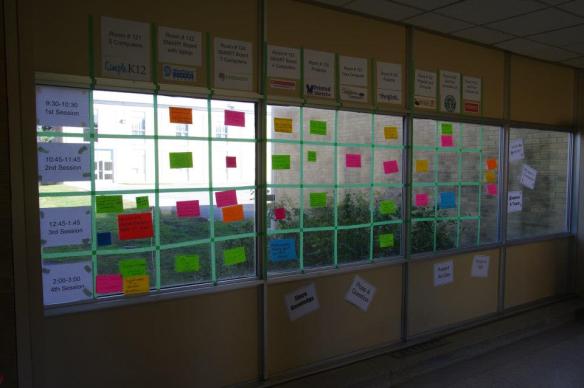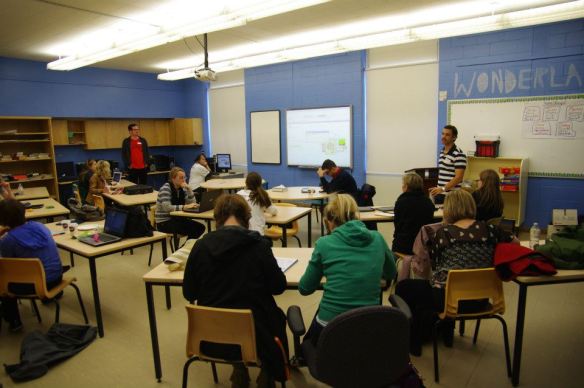Each year I try to look back at my top tweets as a way of reflecting on what I’ve shared on Twitter. Twitter analytics is a great tool for this. It uses stats of views, replies and retweets to determine your top tweets. Here we go . . .
In January I attended my first every Ontario Library Association Super Conference as I learned about my new role of Teacher-Librarian:
Unfortunately we started the new year with more strike days as negotiations with the Ontario government were not advancing as we’d hoped:
Sharing a strategy I used last year with my Math students on test days. Love our Breakfast Chat conversations!
After the OLA Super Conference I followed Michelle Arbuckle’s example and started a thread pinned to the top of my Twitter profile of the books I’m reading this year. Posting the first one:
Some discussion about visual representations of data from our province’s professional association’s monthly publication:
Another morning Breakfast Chat response:
Sharing my latest Learning in the Loo poster that I put up in every staff bathroom in the building:
Then, just like that it was a couple of days before March Break and with Coronavirus cases climbing exponentially we were told we’d be staying home for an extra 2 weeks following the March Break. I shared out about getting folks set up with the same at-home workouts I stream from my favourite online platform & many were interested in the free trial account to see what it’s all about:
As we all worked from home, folks’ schedules shifted. Many of us early risers that are usually up for the 5:30 am Breakfast Chat didn’t need to get up early & commute to work. The real-time #BFC530 crowd got a little smaller with some of us checking in later in the day once we were awake. BFC530 questions often focused on how we were coping with the realities of remote emergency learning & working from home:
6 years ago colleagues gave some PD on the Thinking Classroom framework that they had learned about from Peter Liljedahl at a recent conference. It totally changed how I taught my Math classes, creating more engagement and more success for my students. Along the way I shared some sketchnotes about the Thinking Classroom framework that proved popular. Then early this year I found out that Peter was writing a book (awesome news!) and the publisher asked if I would illustrate it. Talk about imposter syndrome. I sketch stick figures … not much of an artist. But I said yes and told them if my work wasn’t up to snuff they could tell me so & that was no problem. So I didn’t make a peep about the project until Peter announced it on Twitter … I figured they couldn’t fire me then 😉
And of course, there were lots of questions we all had about this whole emergency remote teaching & learning. Open the tweet and you’ll see the many replies – so many lovely teachers helping teachers … everyone sharing their learning along this journey.
Some mornings I still woke early enough (we’re early birds) to check in with the BFC530 crew:
My husband and I started doing a daily live Facebook video check in. We started at the end of March & did it daily until the end of June. Our friends really liked it. My Twitter equivalent was to start sharing a few photos from each week beyond my teacher life:
In June the Thinking Classroom book was available for pre-order which was pretty exciting:
More teachers were interested in learning more about Pear Deck given the need to engage students virtually:
My weekly photo posts were still popular:
The BFC530 chat turned into a weekly slow-chat for summer:
And I kept posting weekly photo roundups – celebrating my first year in a long while of not working summer school:
https://twitter.com/wheeler_laura/status/1287143890999549952
In August, as teachers prepared to head back to school – some face to face, some online, some hybrid – more conversations happened around working with students remotely:
Back at school, physically, in September, this tweet got lots of responses with a mix of “I’ve been doing this for years, you haven’t???” to “I’m working on that too!”.
Pandemic teaching means looking for ways to get students out of their seats to move but remaining masked & physically distant. This was inspired by a colleague who shared some body break YouTube videos. But the videos mostly featured older folks I thought our students might not relate to so I looked for some videos w/ younger folks in them.
This one gained some traction (likely b/c the CBC morning show retweeted it?):
While working on my own work-life-online balance, I’ve started scheduling emails more to be mindful of the same for others as well:
When people started to get their copies of the Thinking Classroom book, I started to see if there was interest in a weekly Twitter book club:
In November a lot of my top tweets were those announcing the upcoming book club meets or the questions for the book club chats. I’ll eliminate those from this post, but these tweets from my own participation in the chat are fair game:
As December arrived I was thinking about snow days (which my board NEVER calls) and the potential to keep more people off the roads now that we’re set up to teach virtually. And I posed this question about the virtual teachers who – in my board at least – have to report to a school building daily despite not being part of the staff of that school since the virtual school is its own separate school.
As the holidays began (only after we had our last day of school for the year of course) the province announced a lockdown starting on Boxing Day which will mean 3 weeks of teaching from home in January.
I’m a big sharer of my own photos on Facebook & Instagram and so wanted to see people’s photos of their celebrations too:
What a strange year! A pandemic. I’ve actually really loved the time spent at home – but I’m a homebody. Who knows when we’ll be back to “normal”? Will we ever be back to what it was before? What elements of this “new normal” will stick around? Would love to hear your thoughts & predictions in the comments below!
Happy New Year!
– Laura Wheeler (Teacher @ Ridgemont High School, OCDSB; Ottawa, ON)

